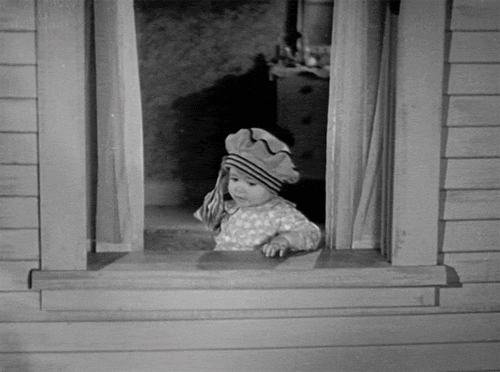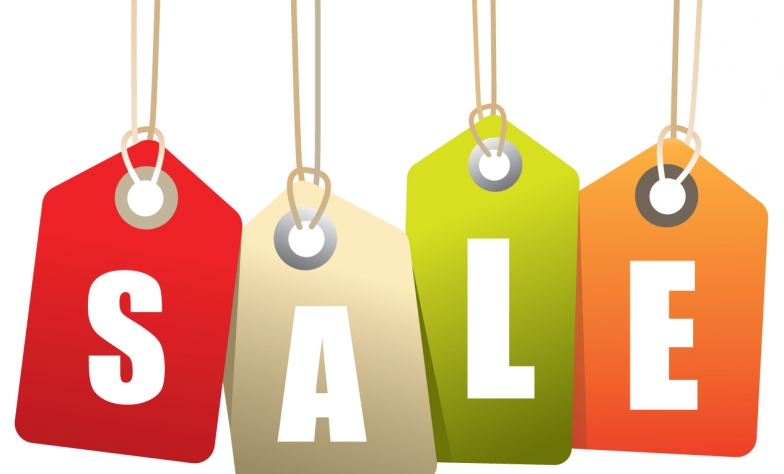“I SAVED SO MUCH MONEY BUYING ON SALE!” AND OTHER DELUSIONS
June 17, 2015
Follow Networthy on TwitterScenario one:
You’re shopping with a friend, and they find a $50 shirt they like. They grab two of it, saying “I have a great coupon! Buy one, get the second for half off. It saves me $25!”
Scenario two:
You chat with a coworker who just bought a car during a holiday when the dealership was offering extra $500 cash on the trade in, because they “just had to take advantage of the sale!” The car he traded in was paid off, and his new car comes with a low monthly payment of $200.
Scenario three:
Your significant other has a $100 gift certificate for a fancy restaurant. You go out and eat a great meal and drink delicious wine. When the bill comes, it’s $200 before you apply the gift certificate. You and your SO say, “Can you believe we saved $100 on this meal?”
Scenario four:
You see that the grocery store is offering one pound of chicken at $5.00 a pound -- or you can buy it in bulk, getting five pounds at the cost of $2.75 a pound. “That’s basically half price!” you think, as you put the bulk chicken in your cart.
Are you sensing a theme yet? That’s right, today’s post is about discounts, sales, coupons, and other psychological ploys that have so many of us trained to think that the words “saving money” mean “paying less for something." Key word: you're still paying.

So let’s lay it right out there: when making a purchase, you are never “saving money.” You are spending money. These two things are mutually exclusive.
Mostly.
There is one — and only one! — way to get me to congratulate you on the low cost of your purchase. You just have to answer this question: if that item hadn’t been offered to you at a reduced price, would you have bought it anyway?
Because if the answer is no, then you absolutely, unequivocally got tricked into losing money. And you should be angry about it.

Shall we revisit our scenarios?
If your friend from the shopping trip had just bought the one shirt, she would have spent $50. But because she was coerced into buying a second shirt, she ended up spending $75. She lost $25 because of that coupon.
If your coworker wouldn’t have traded in his old car for normal price, then he just took on a higher car payment for no reason. Within 3 months, he’s spent more on the new car than he “saved” by getting the extra $500 for his trade in.
If you and your significant other would never have gone to the fancy restaurant without the enticement of the gift certificate. then the $100 they spent on the discounted bill is money they could have had in their pocket.
And unless you plan on eating every bite of that bulk chicken, then you once again have been tricked into spending more while feeling like you’re spending less. Maybe you only end up eating two pounds of chicken, and you throw out the rest. You could have gotten that chicken for $10 by buying at full price; instead you paid $13.75.
Now let’s say that your answer to my question is yes. Yes, I need this item and I would have bought it or something like it even if there had been no sale. Your friend really needs to have two shirts. Your coworker’s old car was a beater that needed to be replaced. Your SO would always have taken you to that restaurant because you always celebrate your anniversary there. You eat every bite of the chicken.
Congratulations. You saved money.

Saving Money Is Not the Same Thing as Getting a Good Value
Here's my caveat: the value of an item or experience is totally and completely different from what I’m talking about here. Maybe your friend’s extra shirt gets worn hundreds of times and she feels beautiful when she wears it. Your coworker’s new car is significantly safer than his old one and he feels better about driving his children around in it. You and your SO have the night of your lives at the restaurant and talk about the meal for years. You take your extra chicken and turn it into a meal that you drop off for a friend with a new baby.
You can change the equation. You can make the math work for you. But every time you find yourself reaching for an on-sale item, do me (and yourself) a favor and just ask yourself whether you’re buying it because you need it, because you value it, or just because it’s a “deal.”
